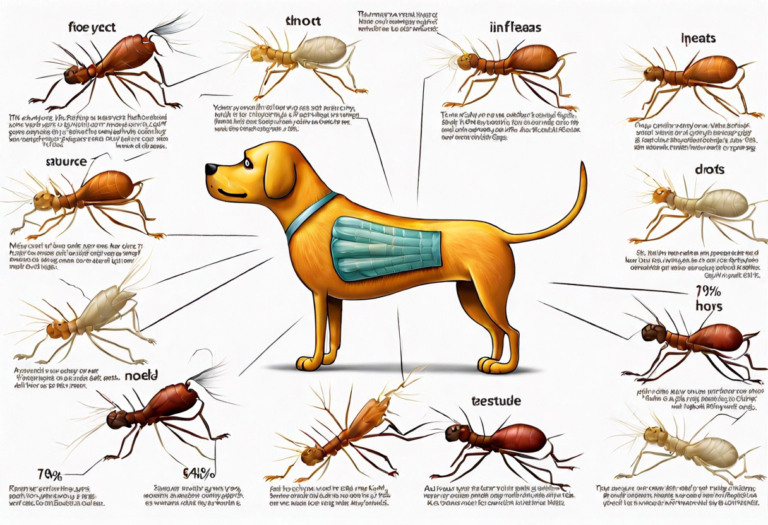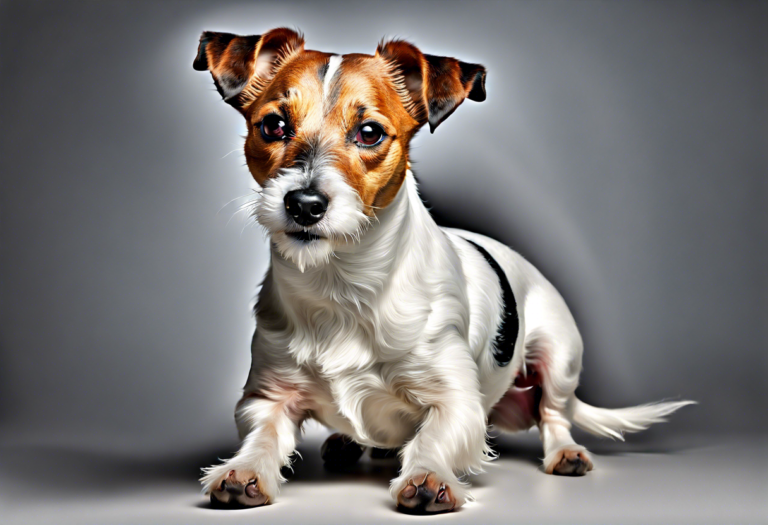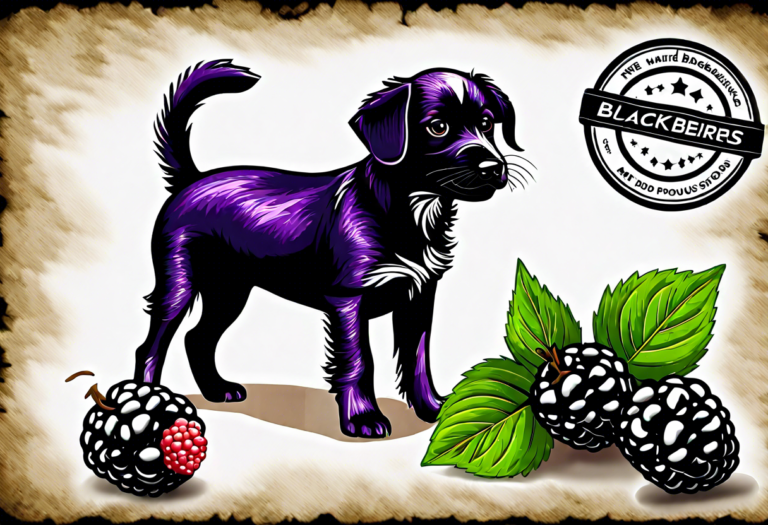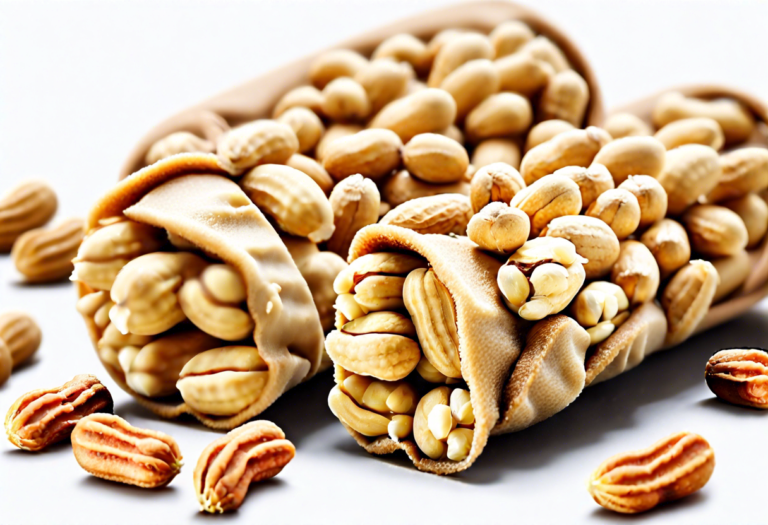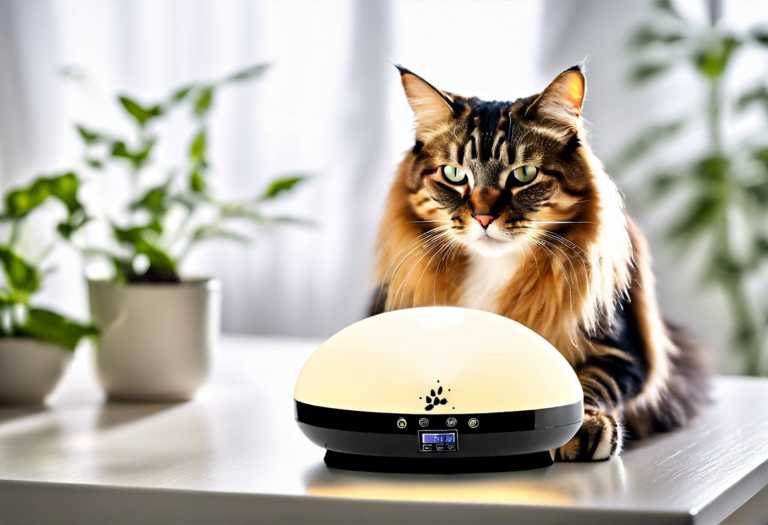The Hidden Dangers of Delphinium for Dogs: What You Need to Know

Understanding the Toxicity of Delphinium in Dogs Delphiniums are known for their tall, showy spikes of vibrant flowers that add beauty to gardens. However, these plants contain toxic compounds that can be harmful to dogs if ingested. Understanding the toxicity…


